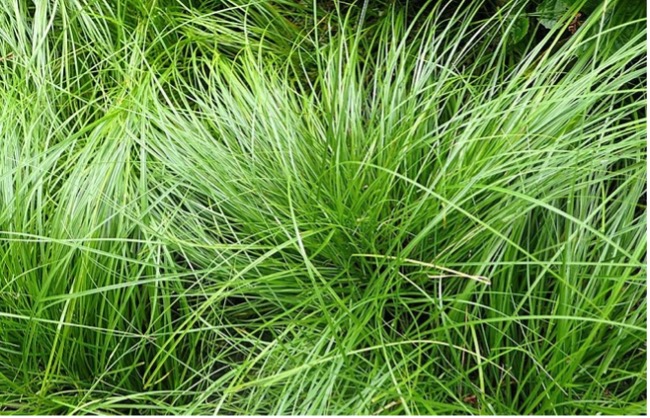
Did you plan for the winter needs of wildlife inhabiting your garden? You may not be in the garden during winter, but birds, insects and mammals are still out there, seeking food, water and shelter. You can support wildlife by your choice of native plants.
Since winter is the time for us to dream of next year’s gardening season, here are some ideas for next spring, in case you don’t have these important year-round plants in your native plant garden.




American Holly, beautyberry, red chokeberry, and winterberry shrubs offer berries birds love and depend on in winter.




False Indigo, purple coneflower, milkweed and goldenrod seeds are important winter food sources for many birds. I enjoy seeing goldfinches eating my purple coneflower seeds. In addition to leaving seedheads for birds, I put out suet to help woodpeckers and other birds find food in winter.
Another important source of food for birds is insects. Did you know some insects spend the winter under leaves? I often see birds searching for insects among leaves during winter. That’s why it’s important to allow leaves to remain undisturbed on the ground until spring.
But it’s not just about plants and food. Our precious wildlife also need shelter. Leave undisturbed wild areas in your garden. A brush pile of shrub debris, fallen tree branches, and piles of leaves make a perfect nest for animals to hide, rest and hibernate. Provide shelter for insects throughout winter by leaving cleanup of leaves, plants and shrubs until the temperature is above 50 degrees in spring.
Don’t forget the importance of a compost pile, which makes a welcome habitat for toads, snakes and worms. And you get the bonus of having nutritious composted material to add to your soil next year.


Evergreens, grasses and sedges also offer important cover. Do you have these plants in your garden?
Be sure to provide fresh water each day in a shallow bowl or heated birdbath. When temperatures drop below freezing, finding water can be difficult for wildlife.
Your native plant garden makes a difference for wildlife. Thank you for caring enough to plan for the winter needs of wildlife inhabiting your garden.


